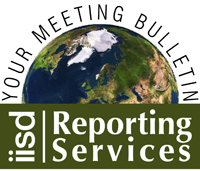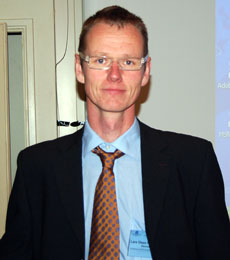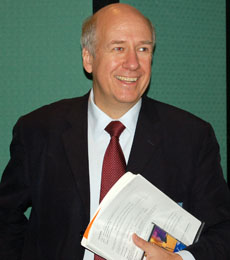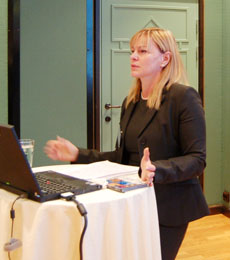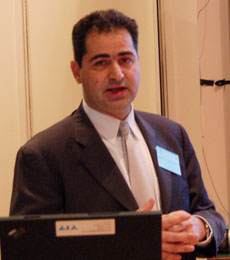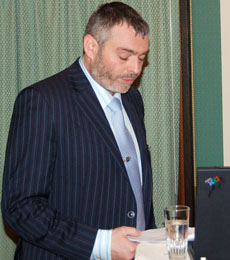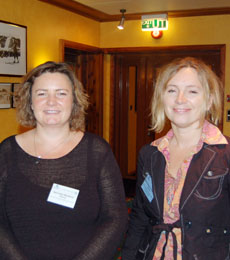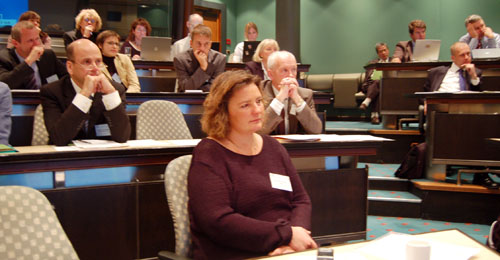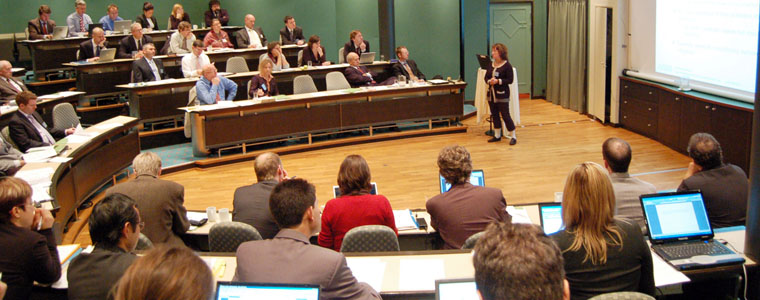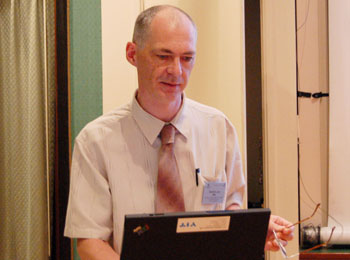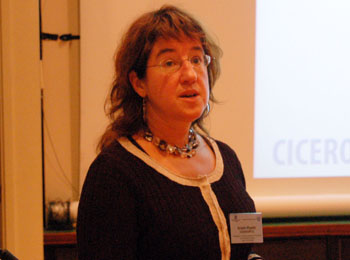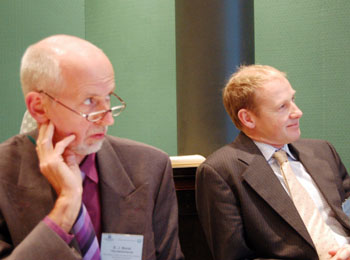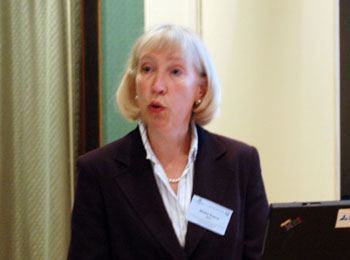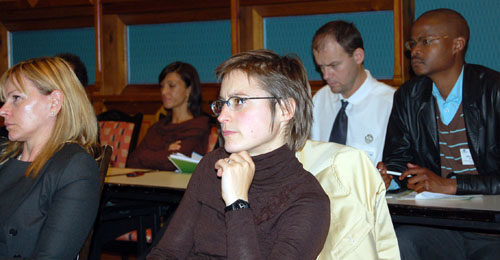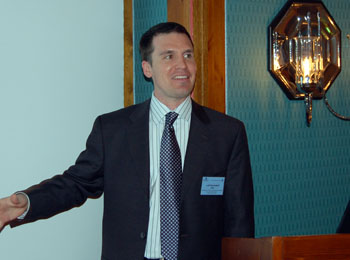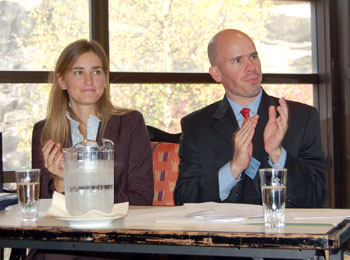Highlights for Thursday, 4 October 2007
On Thursday, participants attended a plenary session setting the scene for GHG emissions from international aviation and maritime transport, followed by two parallel sessions on aviation and on maritime transport. Henriette Westhrin, Ministry of the Environment, Norway, stated that no regulatory mechanisms currently exist for international aviation and maritime transport emissions, and stressed the importance of including these sectors in a post-2012 climate change regime. Jeff Huntington, European Environment Agency, said the technical barriers associated with GHG emissions reporting, data collection and methodological measures need to be removed. Stelios Pesmajoglou, UN Framework Convention on Climate Change (UNFCCC) Secretariat referred to bunker fuels as the oldest item on the UNFCCC agenda, ascribing the lack of progress since SBSTA 22 (2005) to some countries linking progress on the bunker fuel issue to progress on other issues. Eivind Vagslid, International Maritime Organization (IMO) mentioned resolution A/963(23), the IMO to develop the mechanisms needed to achieve reduction of GHG emissions by formulating a work plan and developing a CO2 indexing methodology. Jane Hupe, International Civil Aviation Organization (ICAO), said ICAO favors emissions trading, but that all parties have to participate on the same terms. Kristin Rypdal, CICERO and contributing IPCC author, noted that national inventories only include GHG emissions taking place within national territory, while international aviation and shipping emissions are reported separately as a so called "memo item" by the fuel selling country. In the parallel afternoon sessions on aviation and on maritime transport, participants heard presentations on issues in monitoring and reporting, on different models for calculating emissions, on possible future data requirements, as well as presentations by parties.
